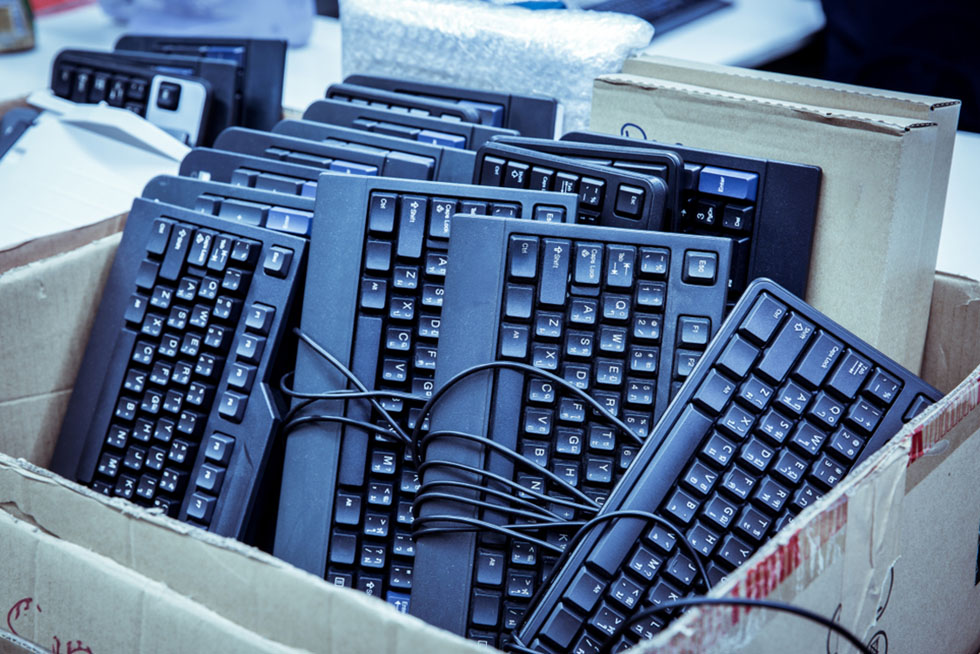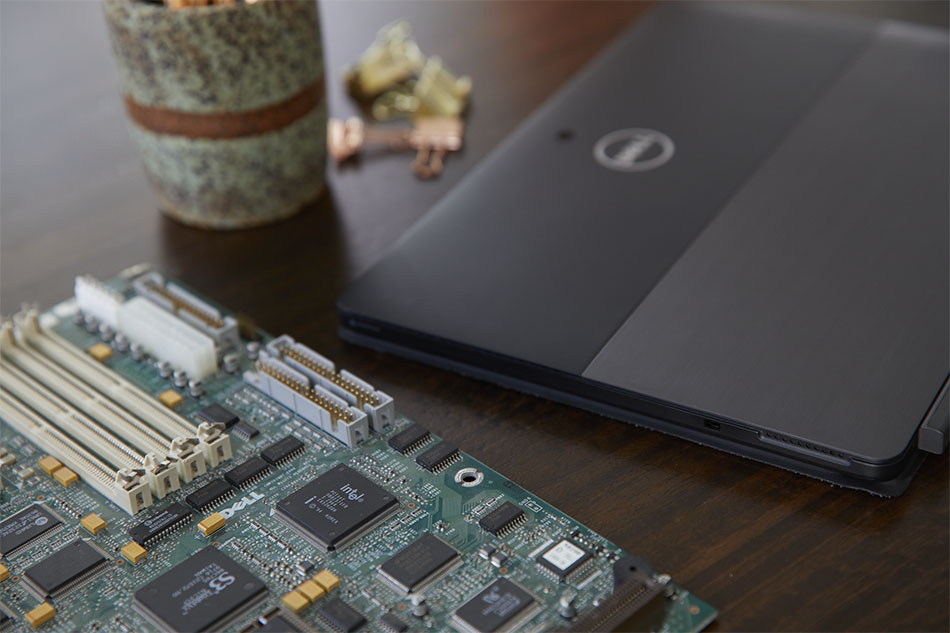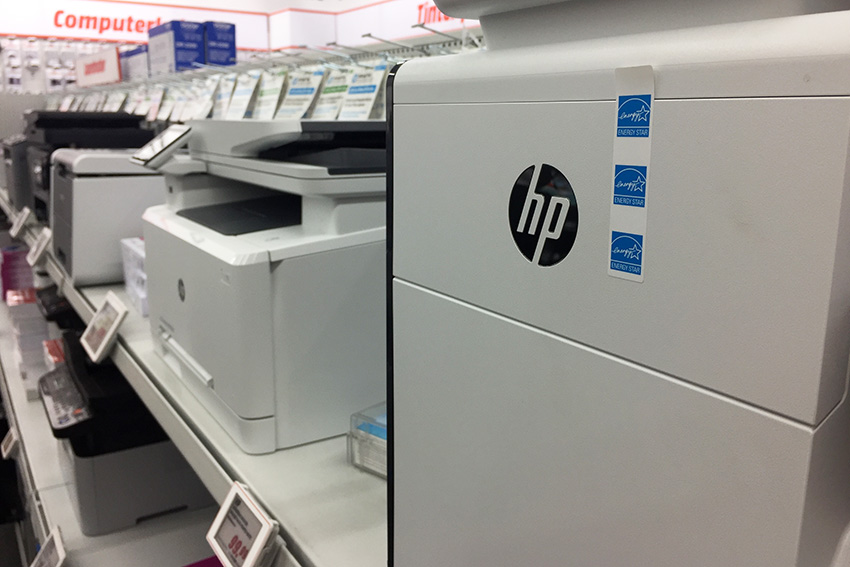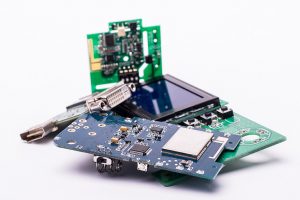
MBA Polymers plans to start processing e-scrap devices at the new facility in 2020. | PIYAWAT WONGOPASS/Shutterstock
Global plastics recycling company MBA Polymers will open a facility in Germany to recover e-plastics from electronics and appliances.






 The move this month by 187 governments to alter a global waste treaty will mean further uncertainty for U.S. scrap plastic exports.
The move this month by 187 governments to alter a global waste treaty will mean further uncertainty for U.S. scrap plastic exports.
 An industry group has identified six advanced recycling projects that target plastics from electronics. One of the tech developers is a prominent North American e-scrap processor.
An industry group has identified six advanced recycling projects that target plastics from electronics. One of the tech developers is a prominent North American e-scrap processor. Projects exploring strategies to recover key materials from end-of-life electronics have received funding from the REMADE Institute.
Projects exploring strategies to recover key materials from end-of-life electronics have received funding from the REMADE Institute. A plastics compounder has introduced a line of engineering-grade pellets, including some plastic types used in electronic devices, that contain up to 50% recycled content.
A plastics compounder has introduced a line of engineering-grade pellets, including some plastic types used in electronic devices, that contain up to 50% recycled content.